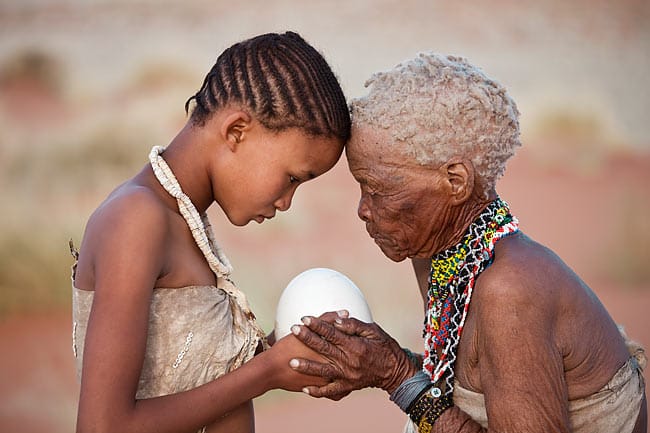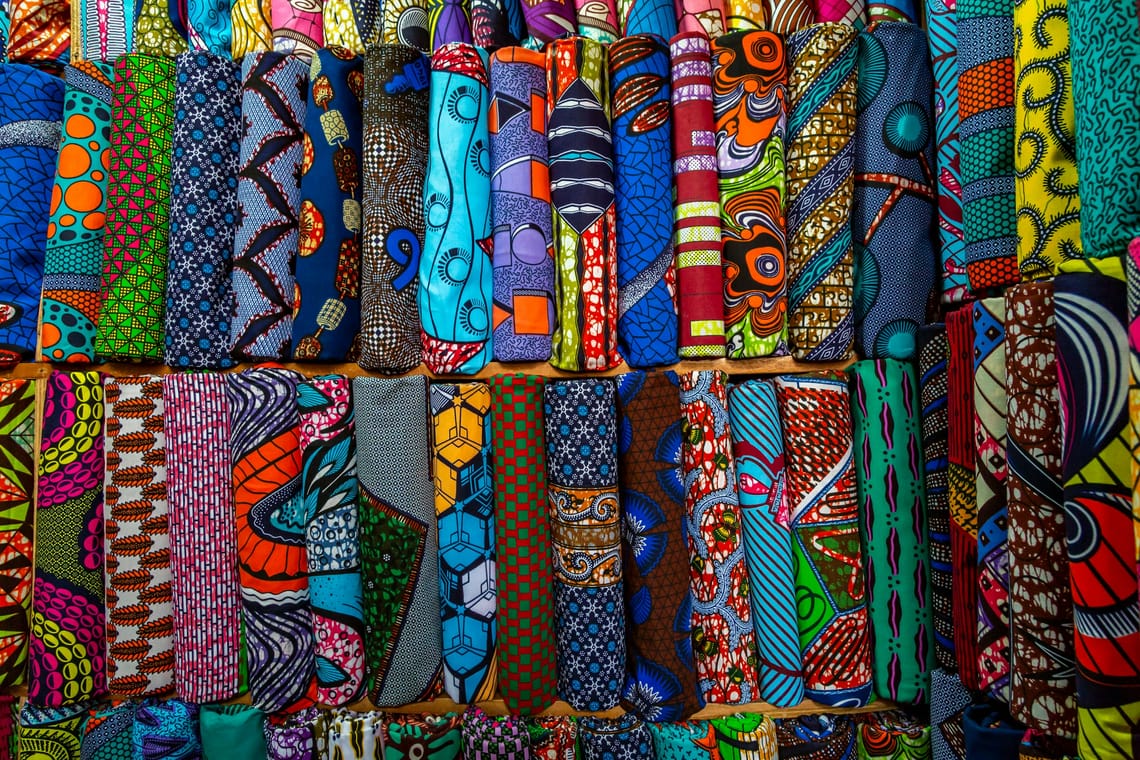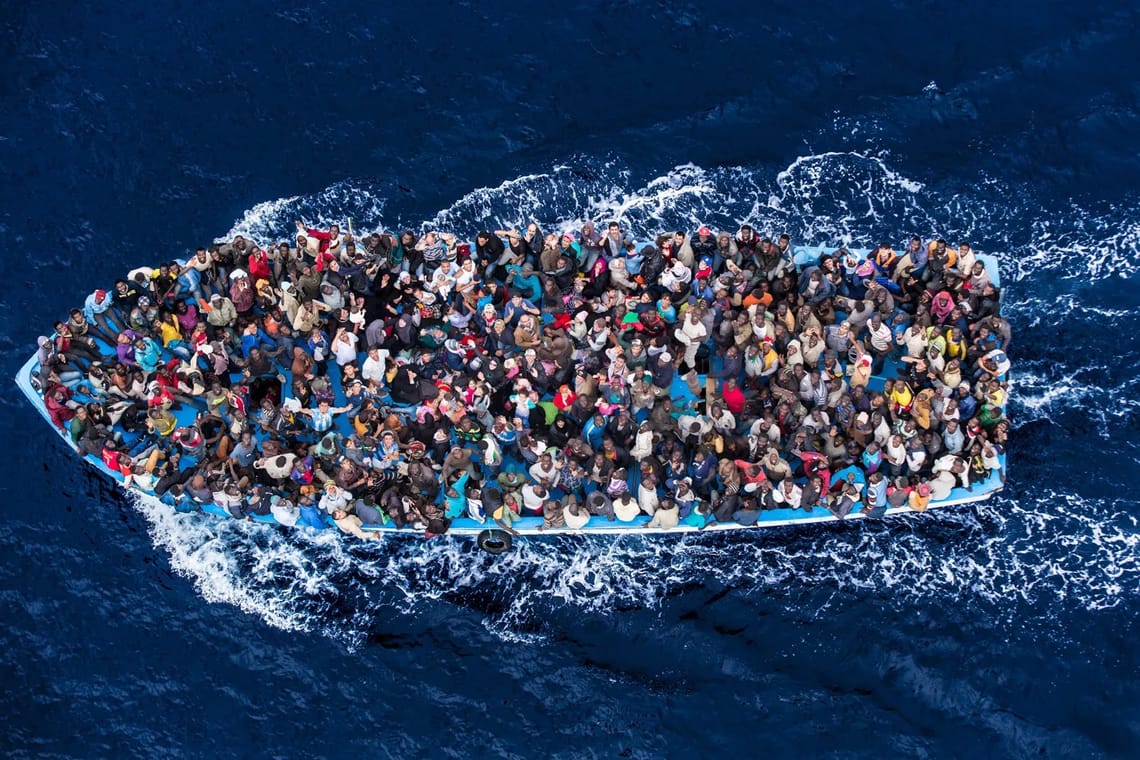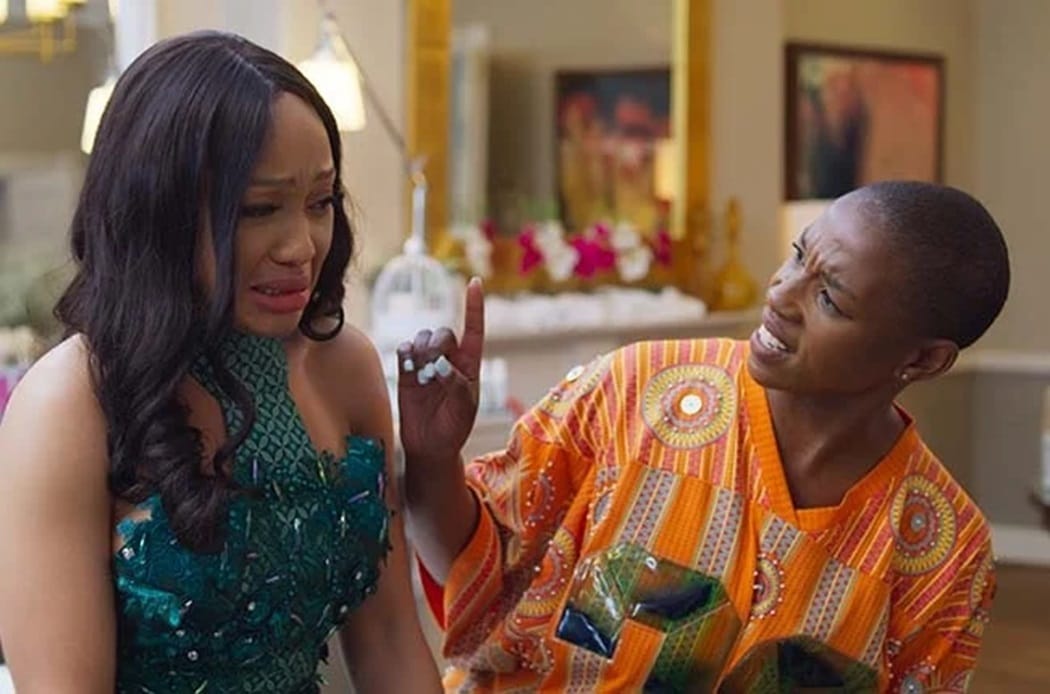There was an email that was making its rounds at work about which, at first, I was quite indifferent. But after some chat with a lad of mine, making mention of the content of the mail, I could not fight the seduction of saying something. And so, I decided to contribute my two cents’ worth …in hope that it will all add up. The summation of it all in a single sentence: most black people seem to pride themselves of speaking English better than their mother-tongue. It is, undoubtedly, a damning accusation …but one that requires attention, nonetheless. Because believe it or not, somewhere deep in the absurdity of it all, may lie some likelihood of fact.
I therefore thought it would be helpful to look at the socio-political history of South Africa to understand this situation extensively.
Like most countries that are colonized, the result and indeed the continuum, is the overbearing nature of the colonist’s culture on that of the indigenous. South Africa, unlike most other African countries, experienced two colonial powers. Ours is a history that saw our country in a chokehold; in the tight merciless grip of the hands of, not one, but two colonists: the British and the Dutch. Hence the Anglo-Boer culture. Despite the two powers ramming head if head at one particular moment in history (1899-1902), the native people of this country were the ones who suffered cultural victimization, direly.
The term acculturate (.verb)/acculturation (.noun) in the Oxford Dictionary is defined as having to assimilate or cause to assimilate a different culture, where the word assimilate means to take in and fully understand (information or ideas); (of society and culture) absorb and integrate (people, ideas or culture).
Biko once wrote: “If by integration you understand a breakthrough into white society by blacks, an assimilation and acceptance of blacks into an already established set of norms and code of behavior set up by and maintained by whites, then I’m against it. If on the other hand by integration you mean there shall be free participation by all members of a society, catering for full expression of the self in a freely changing society as determined by the will of the people, then I am with you. For one cannot escape the fact that the culture shared by the majority group in any given society must ultimately determine the broad direction taken by the joint culture of that society. This need not cramp the style of those who feel differently but, on the whole, a country in Africa, in which the majority are African, must inevitably exhibit African values and be truly African in style.”
In the South African experience, acculturation has come to bear a rather different meaning: the loss and subsequent death of one culture in the hands of the other. Like Homo sapiens in the trajectory of human evolution, black culture, as we know it, might soon be lost and no more. We’re busy running around trying to explain and justify things using bizarre subterfuges lest we look like we do not have things under control…in our country of birth. Our situation presently is a culmination of many years in the making. The occurrent situation is the efficacy of the muscling tactics colonialism has had on almost everything of human relations, particularly language. But many of us want to turn a blind eye and lend a deaf ear to this inconvenient truth.
The youth right now, specifically those in the early twenties, right through to the early thirties, find themselves amidst very interesting times. Having been born into the latter years of that horrid regime whose name I shall not speak; then witnessing the first free, fair and democratic of the quinquennial national elections, and the subsequent political liberation of South Africa in ’94; and now bearing the baton and ushering the way forward, I’ll say we have a hefty duty ahead to fulfill. Much is expected of us and from us. Not just how much of us are we willing to compromise in exchange of that we are acquiring?
Our fathers and mothers lived in a time when deprivation of things such as opportunities and rights such as human rights, civil rights, constitutional rights), inter alia, were very much the order of the everyday. As youth, they lived under conditions that were not all favorable: a security police state, rife with informers, agency provocateurs, and a people who had forsaken hope and accepted these abject conditions as fate. The little they had, they had to work themselves to a lather to attain. Their educational system was a barefaced mockery of human intelligence; and as one of the regime’s foremost exponents regularly overtly spoke that the purpose of it all really was to prepare blacks for the perpetual role of servitude and subservience. Of interesting fact though, is that amidst all these seemingly insurmountable hardships and trying times, the black identity kept intact. Through all the attempts to deface it, it remained. One would perhaps reason that because the foe was one in particular, there was solidarity and unison in purpose, which in turn encouraged and strengthened a common identity amongst the people.
This inspired a positive ripple-effect throughout, and influenced areas such as language, culture, heritage, art, inter alia, and really restored Black Pride. Against the wicked establishment, the supposedly ‘unlettered’, ‘subhuman’, Bantu garnered enough will power and, en masse, ultimately toppled it. There were of course a few of our kind during this particular period that chose to support, and at times, operate as components of the system. I make no further mention of them because, with vehement conviction, they do not deserve even the honours of regard. I truly commend our fathers and mothers; the agents of the revolution that led to 1994, for they – in whatever capacity – fought triumphantly and regained their dignity. They engendered hope in what seemed a time and place of hopelessness.
However, I fear for the youth of my time.
We were there on the brink of a new day, a new order: the change that was inevitable. We welcomed it with open arms and open hearts and entrusted it with our future. We celebrated the beginning of an era where all that was previously available and accessible to only a select few (below 10 percent of the general population, to be exact), was now made available to all. The advent of the liberty for which our fathers and mothers strove could not have been sweeter. The country was alive with new hope and myriads of possibilities, a plethora of opportunities and the excitement of activity. These times were certainly epoch-making. Long had this country suffered and its people wailed in the hands of usurpers and evil men. This country definitely had a lot to celebrate and for which to be thankful. But with all these beautiful things happening to this country, and history continuously being made day after day, there is but one threat that looms closer and closer, also, day after day: loss. Loss of what, you may query.
Let me paint you a picture: this is an average black middle-or upper-class household in South Africa, post millennium.
Mom and dad (in some cases, just the single parent) work the typical nine-to-five. Due to a steady ‘incline’ in black middle and upper-class earning capacity trend, they earn quite a good salary (of course, not compared to their white counterparts who earn even more). The kid is taken to the best private school. The learning institution is predominantly white a reflection of parents’ earning capacity in the surrounding community. This ‘class’ of learning institutions noticeably differs from the other kind (i.e. government/public) in many ways, but the most pronounced dissimilarity: the medium of instruction is English and teaching cultures is very much Eurocentric. An average of seven hours of each of the five weekdays of the plus-minus 40 weeks of the 12 years of school (i.e. preparatory, primary and secondary) are spent inside these walls of institutionalized learning. An estimated seventy percent of the seven hours spent at school, an average kid speaks, writes and reads in English.
The remainder of the day and, to some lesser degree the evening before sleeping, the kid does his homework and is repeatedly ordered by his parents to practice his English up to a level of proficiency. The youngster complies with the constant demand, and before you know it the mother-tongue is unnerved of its inherent command and the ‘first language’ takes over almost completely. The kid mysteriously begins to sound more like he’s developed some nasal infection that causes his accent to change, and his tongue to roll. And the folks cheer this strongly and are so delighted to see their kid advancing linguistically and speaking just like them.
And because a people’s language is the very pride of that people and not too many people seem to escape this entrapment and revert to their original selves, the boy slowly looses interest in his original own, and begins leaning toward the other for belonging...for acceptance. Now there begins to exist some kind of confusion, a clash almost, between two languages because each demands its own culture and practice; and the coexistence of the two becomes almost paradoxical if improperly managed. At a young age, the youngster finds it rather difficult indeed to vest authority over his/her mother-tongue, and subordination to other languages, and harmoniously.
When visiting grandma, whose home is in Soweto, the child feels and hence behaves out of character because hardly any other child understands and accommodates him. But when at school or elsewhere with his mates, it’s an entirely different situation. He fits in, almost congruently: in talk, in walk, interests, and preferences. The rising, right after the brainwash, occurs when the kid begins to postulate that his knowing of the English language, in that rhetoric. And the little chance he gets he tries to prove this. Furthermore, he believes his inability in speaking his mother-tongue with the same eloquence and volubility he boasts when speaking in English, is normal and quite okay. Gradually the kid’s identity is diluted, until all that is left is but a microcosm of the threat that the South African society, particularly black, is facing. With all the overbearing and claiming of dominion by one language over others, one only has to wonder how much longer one’s cultural identity can hold till the end of its tether.
The snub of this matter really resides with black parenthood nowadays. If really the earliest source of important life lessons to a child is his/her parents(s), then they bear the greatest of all responsibilities, notwithstanding protecting and providing, and that is teaching. Teach the young the importance of language, culture, heritage … identity. Teach them that albeit English stands as the universal medium of communication and lingua franca, their mother-tongue must claim precedence over it. Reach them to habituate themselves with their mother-tongue: speak, read books and listen to radio and/or watch TV programmmes presented in their mother-tongue.
Share with them stories and experience; teach them about family history (e.g. izithakazelo), passed on down from generation to generation. Teach them about izinsumansumani nezingalekwane (tale and folklore) our grandparents told, that characteristically began with the prologue: ‘Kwasuka sukela…’ – ‘cozi!’ – ‘kwakukhona…’
Allow them to actively be part of ceremonies (e.g. weddings, advent of newborn child, honouring ancestors, etc); and teach them the customary modi operandi at such events. Take them to your family’s homeland and encourage them to be habitués there. Show them the beauty of the rainbow and the importance of each colour there, and why therefore it’s crucial to see to it that each is rightly preserved. Do all that in earnest, and your little ones will grow up with an irrevocable sense of pride, of worth and of identity.
As a patron at the table where all of South Africa’s peoples assemble, unified in our diversity, whose tongue do you speak? Whose identity do you bear? Whose culture do you characterize? Whose story do you tell?
What do you think?
Xolani Khoza is a lawyer, writer, social commentator and basketball enthusiast.




